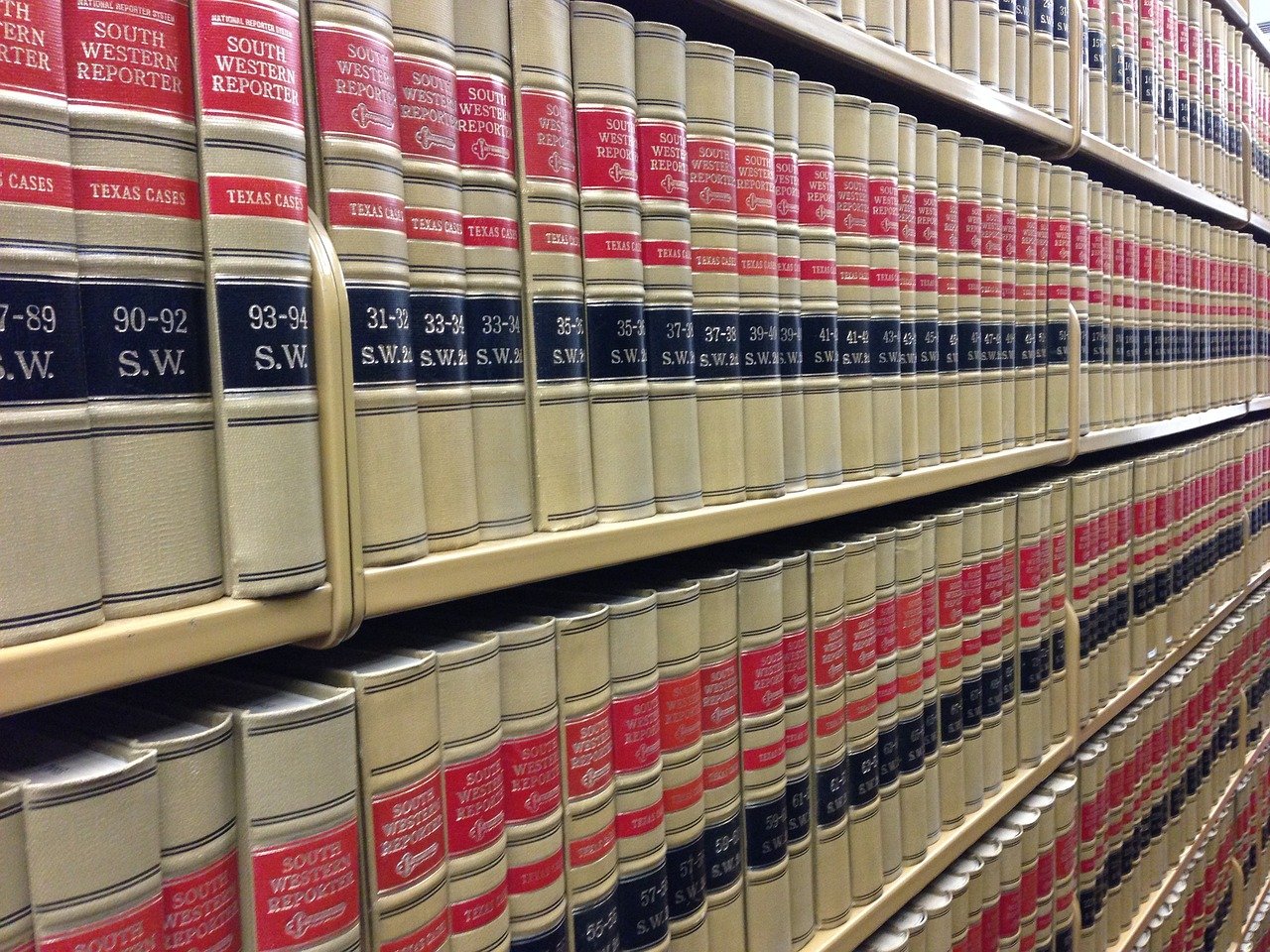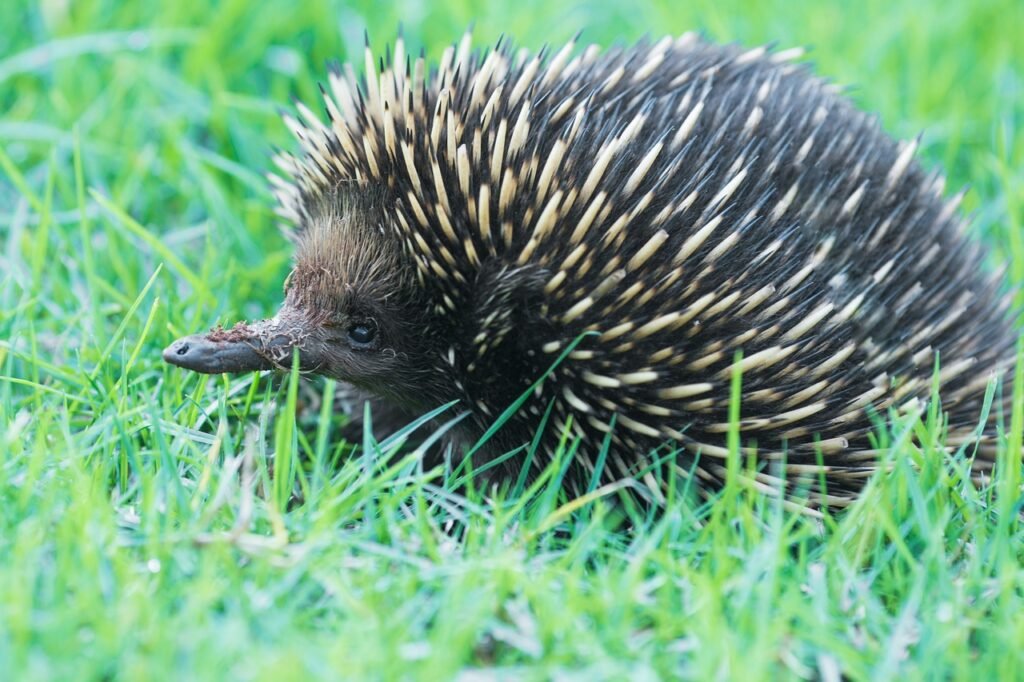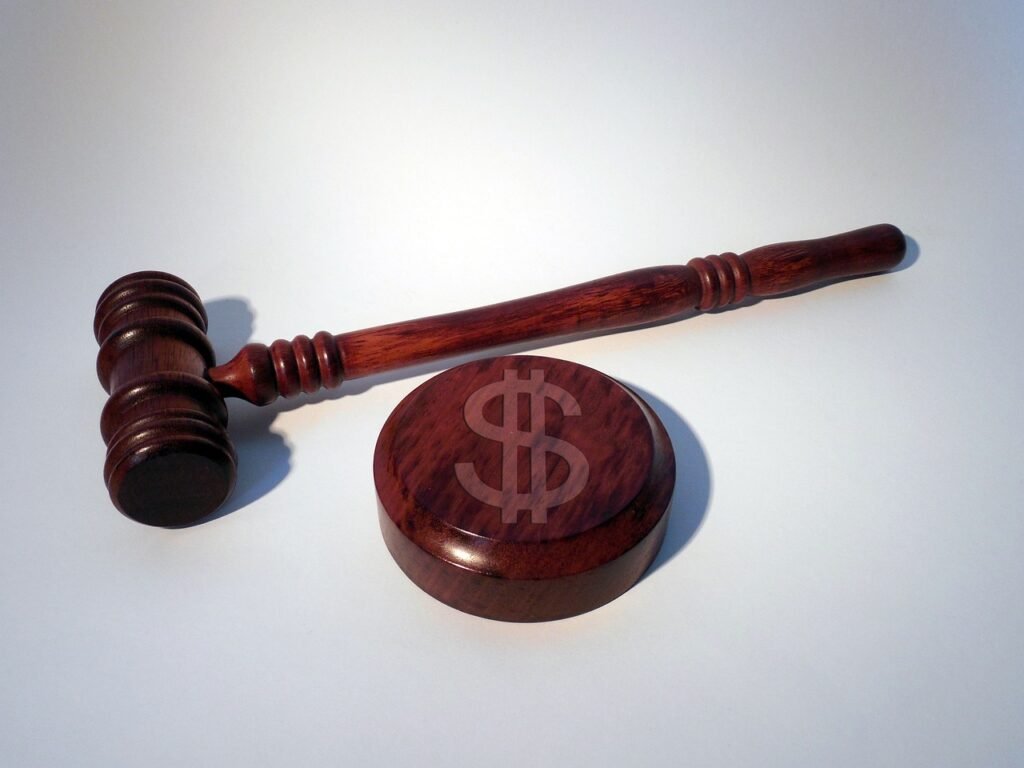Owning a porcupine as a pet comes with legal obligations that vary depending on your location. Licensing and registration are key components of responsible porcupine ownership, ensuring compliance with local, state, and potentially federal regulations. In this comprehensive guide, we’ll explore the importance of licensing and registration, the steps involved, and how they contribute to the overall well-being of your quilled companion.
1. Understand Local and State Regulations:
1.1 Research Licensing Requirements:
- Investigate local and state regulations regarding the ownership of porcupines. Different areas may have specific licensing requirements or restrictions, and it’s crucial to understand and comply with these regulations.
1.2 Federal Considerations:
- Depending on your location, there may be federal regulations that govern the ownership of exotic animals, including porcupines. Be aware of any federal requirements that may apply to your situation.
2. Identify Licensing Authorities:
2.1 Local Animal Control:
- Local animal control offices or municipal authorities are often responsible for issuing licenses for exotic pet ownership. Contact them to inquire about specific requirements and procedures.
2.2 State Wildlife Agencies:
- State wildlife agencies may also play a role in licensing exotic animal ownership. Familiarize yourself with their regulations and licensing processes to ensure comprehensive compliance.
2.3 Federal Agencies (if applicable):
- If federal regulations apply, such as those enforced by the U.S. Department of Agriculture (USDA), contact the relevant federal agencies to understand licensing requirements for exotic animals.
3. Obtain Necessary Permits and Licenses:
3.1 Application Process:
- Follow the designated application process to obtain the necessary permits and licenses. This may involve submitting detailed information about your porcupine’s living conditions, veterinary care, and other relevant aspects of ownership.
3.2 Compliance with Conditions:
- Ensure that you understand and comply with any conditions or guidelines specified in the permits. This could include proper enclosures, veterinary care standards, and reporting obligations.
4. Benefits of Licensing:
4.1 Legal Recognition:
- Licensing provides legal recognition of your porcupine ownership, demonstrating that you are a responsible and informed owner who complies with regulations.
4.2 Community Safety:
- Licensing helps authorities track exotic pet ownership in the community, contributing to public safety. In the event of escapes or other incidents, licensed owners can be quickly identified and contacted.
4.3 Veterinarian Cooperation:
- Licensed owners may receive better cooperation from veterinarians and other animal care professionals. Licensing often signals a commitment to responsible pet ownership and adherence to standards.
5. Keep Licenses Updated:
5.1 Renewal Processes:
- Be aware of license renewal processes and deadlines. Keeping licenses updated ensures ongoing compliance with legal obligations and demonstrates a commitment to responsible ownership.
5.2 Notify Authorities of Changes:
- If there are changes in your porcupine’s living conditions, address, or any other relevant information, notify the licensing authorities promptly. Timely communication helps maintain accurate records.
6. Consequences of Non-Compliance:
6.1 Legal Consequences:
- Failure to obtain or maintain the necessary licenses can lead to legal consequences, including fines, confiscation of the porcupine, or other penalties. Understanding and meeting legal obligations is crucial to avoid these issues.
Conclusion:
Licensing and registration are integral components of responsible porcupine ownership. By understanding and complying with local, state, and federal regulations, owners contribute to the well-being of their quilled companions while fostering a positive perception of exotic pet ownership within the broader community. Meeting legal obligations through licensing and registration ensures that porcupines receive the care and protection they deserve, and owners can enjoy a fulfilling relationship with their unique and fascinating pets.



